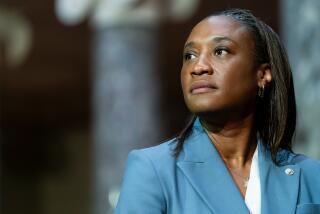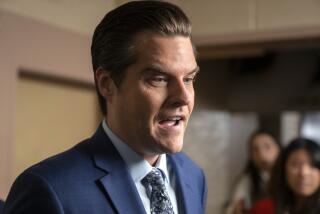Talked to Death
Some highlights — and lowlights — of the filibuster.
*
— Swati Pandey
Most Romantic
To hold up the 2003 judicial nomination of Washington attorney Miguel A. Estrada, Sen. Robert C. Byrd (D-W.Va.) recounted how he won the heart of his wife: “I tell you, it was something to be able to present your girl, your sweetheart, a piece of bubble gum. And I never let her know that I did not buy that gum or candy.” Last Man Standing Filibustering against the Civil Rights Act in 1957, then-Democratic Sen. Strom Thurmond of South Carolina speechified for a record 24 hours and 18 minutes. Most Mouth-Watering After 15 hours of opposing a provision that might have rewarded his political enemies in Louisiana, Sen. Huey Long (D-La.) shared his recipe for fried oysters and “pot likkers.” Most Dramatic Ending The decisive 66th cloture vote to end a 1964 filibuster against civil rights legislation was cast by California’s Democratic Sen. Clair Engle, who, unable to speak because of a brain tumor, raised his arm and pointed to his eye — an affirmative vote. Most Musical In October 1992, Sen. Alfonse M. D’Amato (R-N.Y.), trying to save jobs at a typewriter factory, sang “South of the Border” and “Deep in the Heart of Texas.” Most Ironic In November 2003, Republicans staged a “talk-a-thon” — 30 hours of nonstop debate — to protest Democratic filibustering of judicial nominees, all the while insisting they were not actually filibustering.
Retro To protest the GOP talkathon, Sen. Harry Reid (D-Nev.), rather than declare his intent to filibuster an issue and sit in his seat while other Senate business continued, stood and talked for nine hours, at one point describing a large rock in front of his Nevada home, the sale of rocks in Las Vegas and why we should “rock on.”
More to Read
Sign up for Essential California
The most important California stories and recommendations in your inbox every morning.
You may occasionally receive promotional content from the Los Angeles Times.










